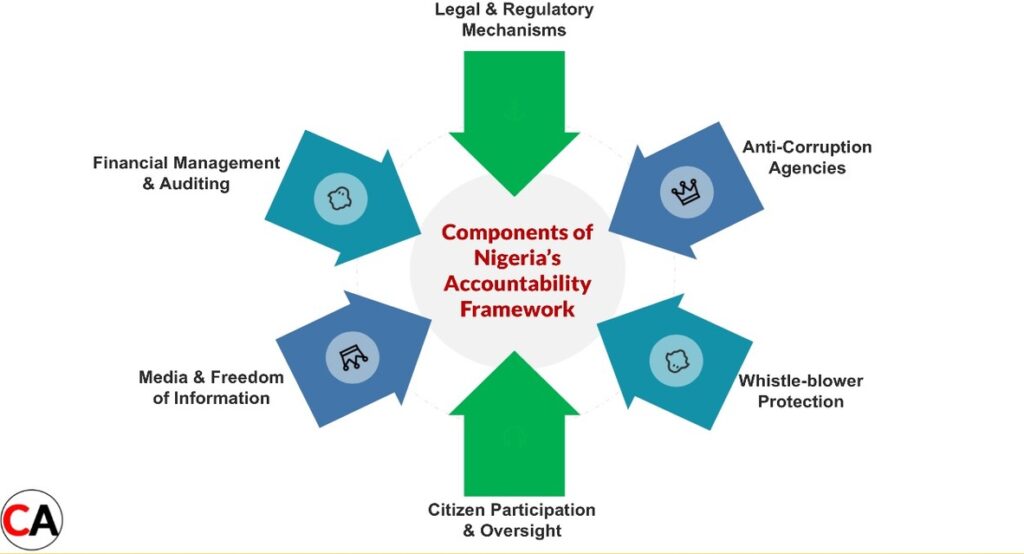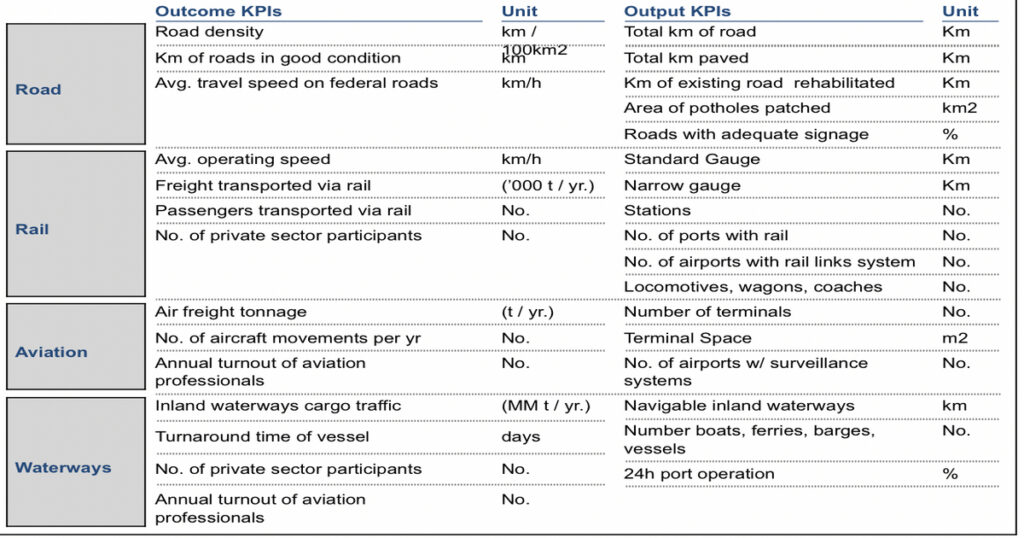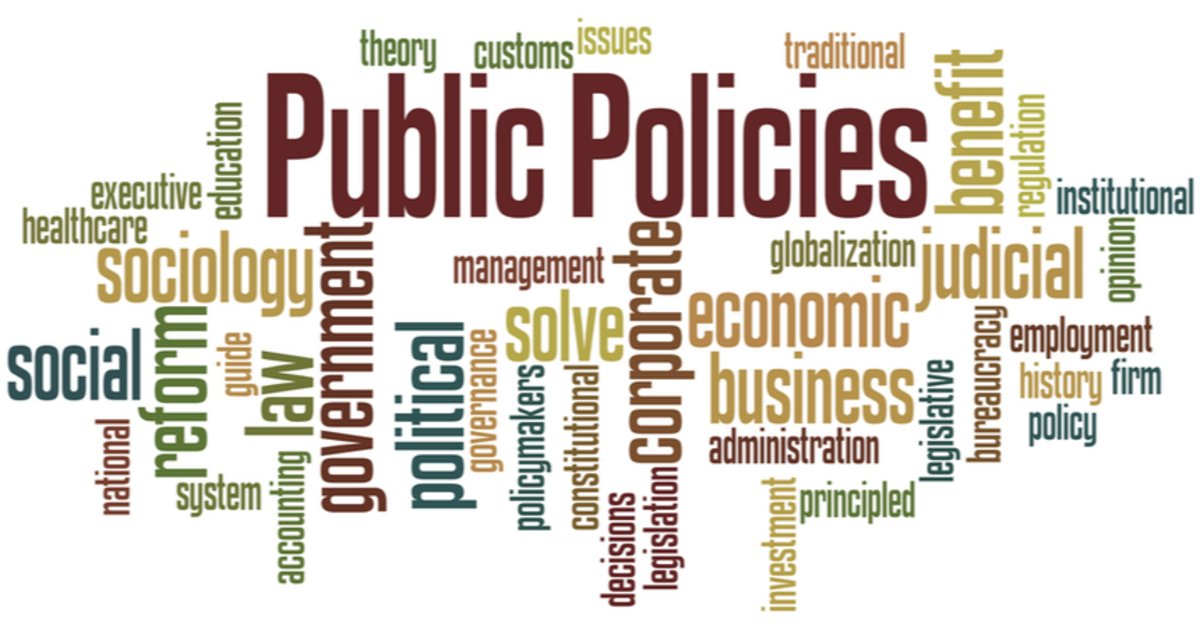Outline
- Understanding Accountability in Governance
- Definition of Accountability
- Importance of Accountability in Governance
- Challenges to Accountability in Nigeria
- Historical Perspective of Accountability in Nigeria’s Governance
- Pre-Independence Era
- Post-Independence Period
- Modern Governance Challenges
- Current State of Accountability in Nigeria’s Governance System
- Transparency and Corruption
- Public Sector Accountability
- Role of Civil Society and Media
- Legal Framework for Accountability in Nigeria’s Governance
- Nigerian Constitution and Legal Provisions
- Anti-Corruption Agencies
- Whistleblower Protection
- Promoting Accountability in Nigeria’s Governance
- Strengthening Institutions
- Citizen Participation
- International Cooperation
- Impact of Accountability on Development
- Economic Growth and Foreign Investment
- Social Welfare and Human Development
- Assessing Accountability
- Case Studies: Successes and Failures
- Successful Accountability Initiatives
- Instances of Accountability Lapses
- Future Prospects and Challenges
- Ensuring Sustainable Accountability
- Addressing Political Interference
- Embracing Technological Advancements
- Conclusion
Accountability in Nigeria’s governance is the backbone of national progress. In a country rich in culture and resources, it is essential for ensuring transparency, curbing corruption, and fostering trust between leaders and citizens, ultimately driving sustainable development.
This featured article delves into the concept of accountability in Nigeria’s governance system, exploring its historical perspective, current state, legal framework, and its impact on the nation’s development. Additionally, it highlights the challenges faced and the measures needed to promote accountability effectively.
At its core, accountability is the obligation of individuals and institutions to be answerable for their actions, decisions, and use of resources. In the context of Nigeria’s governance system, accountability is crucial in maintaining transparency, preventing corruption, and ensuring the effective delivery of public services to the citizens.
Understanding Accountability in Nigeria’s Governance
Definition of Accountability
Accountability in governance refers to the responsibility of government officials and institutions to act in the best interest of the public and be answerable for their actions and decisions. It involves the obligation to explain and justify their actions, accept responsibility for failures, and take appropriate actions to rectify them.
Importance of Accountability in Nigeria’s Governance
Accountability is essential for several reasons. Firstly, it fosters public trust and confidence in the government, as citizens are assured that their leaders are acting in their best interest. Secondly, it helps in identifying and rectifying mistakes, leading to improved policies and governance. Lastly, it acts as a deterrent against corruption and misuse of power.
Challenges to Accountability in Nigeria’s Governance
Nigeria faces several challenges in ensuring accountability in its governance system. Some of the major hurdles include weak institutions, political interference, corruption, and lack of transparency.
Historical Perspective of Accountability in Nigeria’s Governance
Pre-Independence Era
Before gaining independence in 1960, Nigeria witnessed various forms of governance, including traditional systems and colonial rule. The accountability mechanisms during this period were rudimentary and often favoured the ruling class.
Post-Independence Period
Following independence, Nigeria struggled with political instability and military coups, which further complicated the accountability landscape. Accountability was often compromised, leading to widespread corruption and mismanagement of resources.
Modern Governance Challenges
In recent years, Nigeria has made efforts to strengthen its governance system and promote accountability. However, challenges such as political interference, bureaucratic red tape, and weak law enforcement still hinder progress.
Current State of Accountability in Nigeria’s Governance System
Transparency and Corruption
Transparency remains a significant concern in Nigeria’s governance system. Corruption is pervasive, and embezzlement of public funds is not uncommon. This lack of transparency erodes public trust and hampers the country’s development.
Public Sector Accountability
Public sector accountability is crucial for efficient service delivery. However, Nigeria struggles with holding public officials accountable for their actions and decisions, leading to ineffective governance and service delivery.
Role of Civil Society and Media
Civil society organizations and the media play a vital role in holding the government accountable. However, they face challenges such as harassment and intimidation when exposing corruption and malpractices.
Legal Framework for Accountability
Nigerian Constitution and Legal Provisions
The Nigerian Constitution enshrines principles of accountability and good governance. However, implementation remains a challenge, and there is a need for more robust legal frameworks to ensure accountability at all levels.
Anti-Corruption Agencies
Nigeria has established anti-corruption agencies, such as the Economic and Financial Crimes Commission (EFCC) and the Independent Corrupt Practices and Other Related Offenses Commission (ICPC). These agencies play a crucial role in investigating and prosecuting corruption cases.
Whistle-blower Protection
Whistleblower protection is essential for encouraging individuals to report corruption and wrongdoing. Nigeria has taken steps to safeguard whistleblowers, but further improvements are necessary to ensure their safety and anonymity.
Promoting Accountability in Nigeria’s Governance
Strengthening Institutions
Strengthening institutions is vital for ensuring accountability. This involves investing in capacity building, enhancing transparency, and reducing political interference.
Citizen Participation
Citizen participation in governance processes can enhance accountability. By involving citizens in decision-making, governments can ensure that policies align with the needs and aspirations of the people.
International Cooperation
International cooperation can bolster accountability efforts in Nigeria. Partnerships with other nations and international organizations can provide expertise and support in combating corruption and promoting good governance.
Impact of Accountability on Development
Economic Growth and Foreign Investment
Accountability is directly linked to economic growth and foreign direct investment (FDI). When governance is transparent and corruption is low, foreign investors are more likely to invest in the country, leading to economic development.
Social Welfare and Human Development
Effective accountability measures contribute to improved social welfare and human development. Proper allocation of resources and efficient service delivery positively impact the lives of citizens.
Assessing Accountability in Nigeria’s Governance
Performance audits, using outcome and output KPIs (two examples of transport and energy shared below) are comprehensive evaluations of government projects and activities to assess their efficiency, effectiveness, and compliance with regulations and overall economic development. These audits help identify strengths and weaknesses in the government’s performance and hold officials accountable for achieving desired outcomes.
Other assessment methods include financial audits, public participation and feedback mechanisms, whistle-blower protection and feedback mechanisms, and independent oversight bodies.
Case Studies: Successes and Failures
Successful Accountability Initiatives
Some initiatives in Nigeria have yielded positive results in promoting accountability. For example, the use of technology in financial management has increased transparency and reduced corruption in certain sectors.
Instances of Accountability Lapses
However, Nigeria has also witnessed instances of accountability lapses. These include mismanagement of public funds, lack of transparency in government contracts, and inadequate punishment for corrupt officials.
Future Prospects and Challenges
Ensuring Sustainable Accountability
Sustaining accountability efforts requires a long-term commitment from both the government and citizens. Continued efforts to strengthen institutions and improve transparency are crucial.
Addressing Political Interference
Political interference in accountability mechanisms must be addressed. Governments should allow institutions to function independently and without fear of retribution.
Embracing Technological Advancements
Leveraging technological advancements can enhance transparency and accountability. Embracing digital solutions for governance can lead to more efficient service delivery and reduced corruption.
Conclusion
Accountability is the bedrock of a robust governance system. In Nigeria, it is crucial for sustainable development and building public trust. While challenges persist, efforts are underway to promote accountability through legal frameworks, citizen participation, and international cooperation. By embracing transparency, reducing corruption, and strengthening institutions, Nigeria can pave the way for a brighter and more accountable future.
FAQs
What is the role of accountability in Nigeria’s governance? Accountability in Nigeria’s governance ensures transparency, prevents corruption, and fosters public trust in the government’s actions and decisions.
How does Nigeria tackle corruption and promote accountability? Nigeria has established anti-corruption agencies like EFCC and ICPC and is working on strengthening institutions and whistleblower protection.
What are the challenges to accountability in Nigeria? Challenges include weak institutions, political interference, corruption, and lack of transparency.
How does accountability impact Nigeria’s development? Accountability positively influences economic growth, foreign investment, social welfare, and human development in Nigeria.
What are some successful accountability initiatives in Nigeria? Initiatives leveraging technology for financial management have shown positive results in increasing transparency and reducing corruption.
Need Help?
At Carthena Advisory, we provide well-crafted strategy facilitation and development services that will give public institutions competitive advantage, increase productivity, and drive economic growth. Visit our capabilities to see how we can help.








